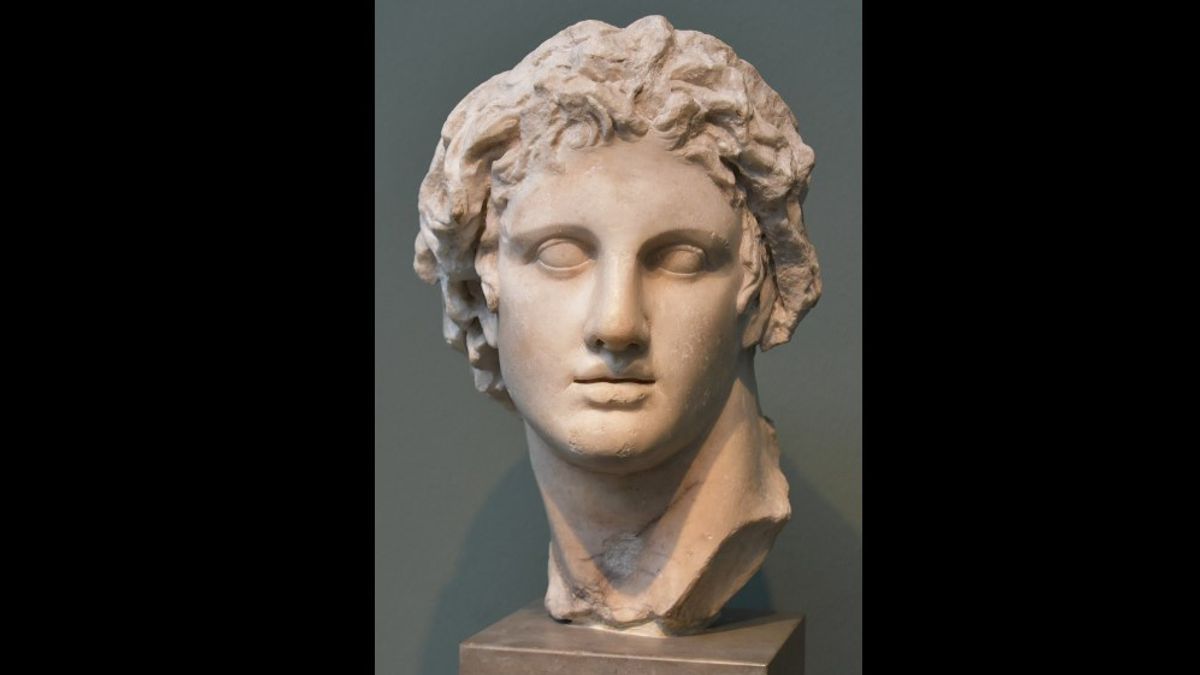JAKARTA - Aleksander the Great (Alexander the Great), a young military genius from Macedonia, died in Babylon, Iraq, at a relatively young age of 33 years. Alexander was king in a kingdom stretching from the eastern Mediterranean to India.
Launching History, Saturday, June 13, Alexander was the son of King Phillip II and Queen Olympia who was born in Macedonia. Alexander received education from the famous philosopher Aristotle and received military education directly with his father.
At the age of 16, Alexander led his first army into battle. Two years later, Alexander led most of his father's army which won the Battle of Chaeronea and brought Greece under Macedonian rule. In 336 BC (BC), Phillip II was assassinated, and Alexander took the throne.
Despite controlling the largest empire in world history, Alexander continued his new invasions as soon as he returned from Persia. Alexander also managed to conquer Afghanistan, Central Asia, and northern India in 327 BC.
The following year, his troops were exhausted after eight years of fighting. They refused to go any further and Alexander led them on the arduous return journey back through the Macran Desert.
Alexander's death was riddled with various theoriesWhen Alexander the Great died in Babylon on June 13, 323 BC, his body showed no signs of decay for six days. This is told in a historical record.
To the ancient Greeks, this confirmed what they all thought of the young Macedonian king. Alexander often thought that he was no ordinary human, but a god.
At the age of 33, Alexander conquered an empire that stretched from the Balkans to modern Pakistan. Besides, he was ready for another invasion. Unfortunately, however, he fell ill and died after 12 days of great suffering.
Since then, historians have debated the causes of his death, from malaria, typhus, alcohol poisoning to the murder by one of his competitors.
But in another theory, a scholar and doctor say that Alexander may have suffered from the neurological disorder Guillain-Barré Syndrome (GBS). He also argued that people may not see signs of decay for one simple reason: Alexander was not dead at that time.
Through her article, a senior lecturer from the School of Medicine at the University of Otago, New Zealand, named Katherine Hall, describes her theory regarding the death of Alexander the Great. Hall argues that GBS, a rare but serious autoimmune disorder, is a condition in which the immune system attacks healthy cells in the nervous system. The death of Alexander due to GBS is a more plausible theory than any other theory.
Hall believes Alexander had GBS as a result of being infected with the Campylobacter pylori bacteria, which was common at the time. According to Hall, Alexander likely got a variant of GBS which resulted in paralysis so he did not come to his senses. Then people thought that Alexander was already dead.
He also argued that Alexander's increasingly severe paralysis, as well as the fact that his body received less oxygen when it was closed, made his exhalations less visible. In ancient times doctors also relied solely on the presence or absence of breath, not the pulse to determine whether a person was alive or dead. Hall believes that Alexander was pronounced dead before he actually died.
Within a year of Alexander's death, his army and empire split into many warring factions. Alexander's body was then returned to Alexandria and placed in a golden coffin.
The English, Chinese, Japanese, Arabic, and French versions are automatically generated by the AI. So there may still be inaccuracies in translating, please always see Indonesian as our main language. (system supported by DigitalSiber.id)











